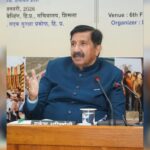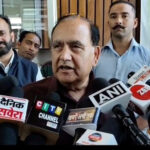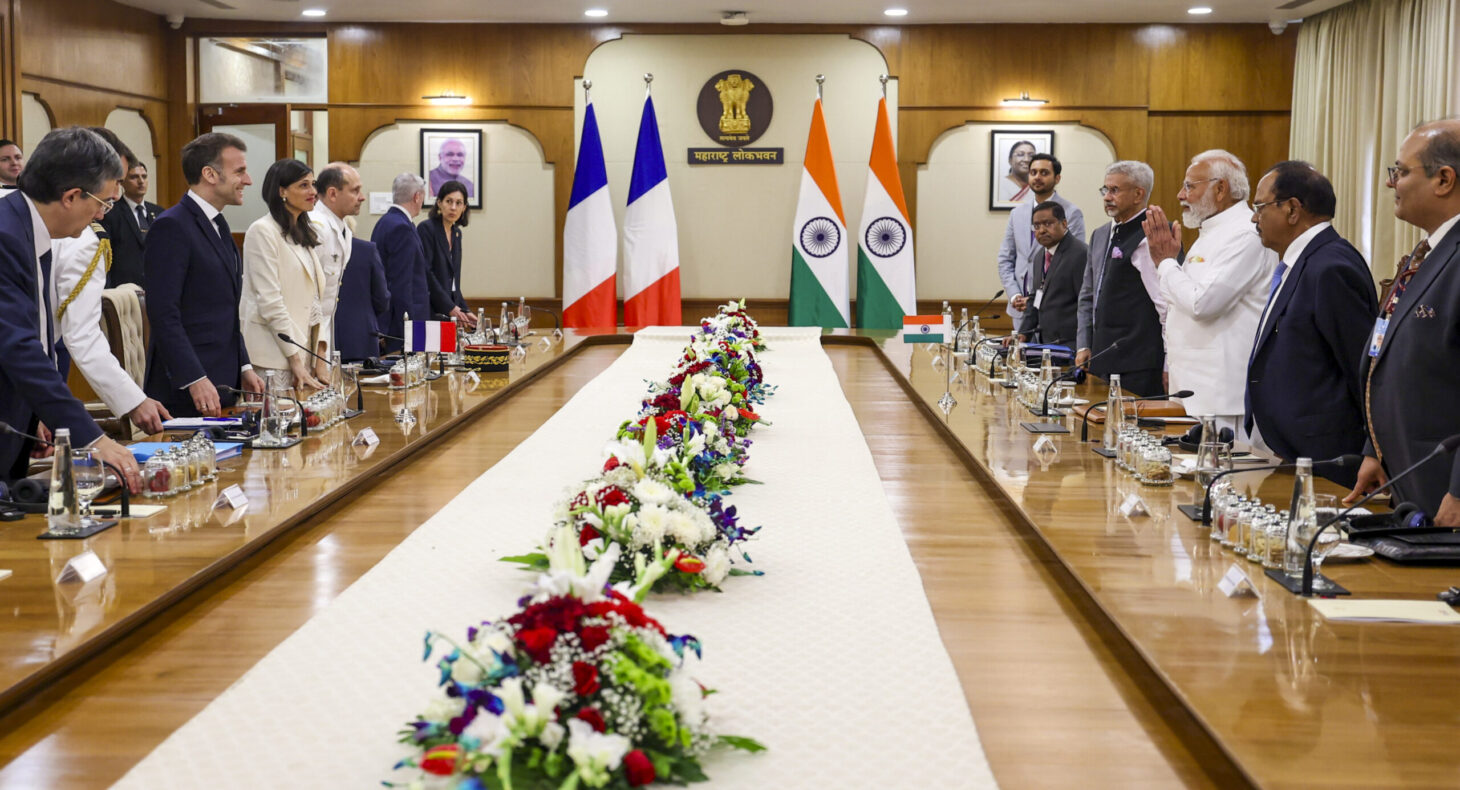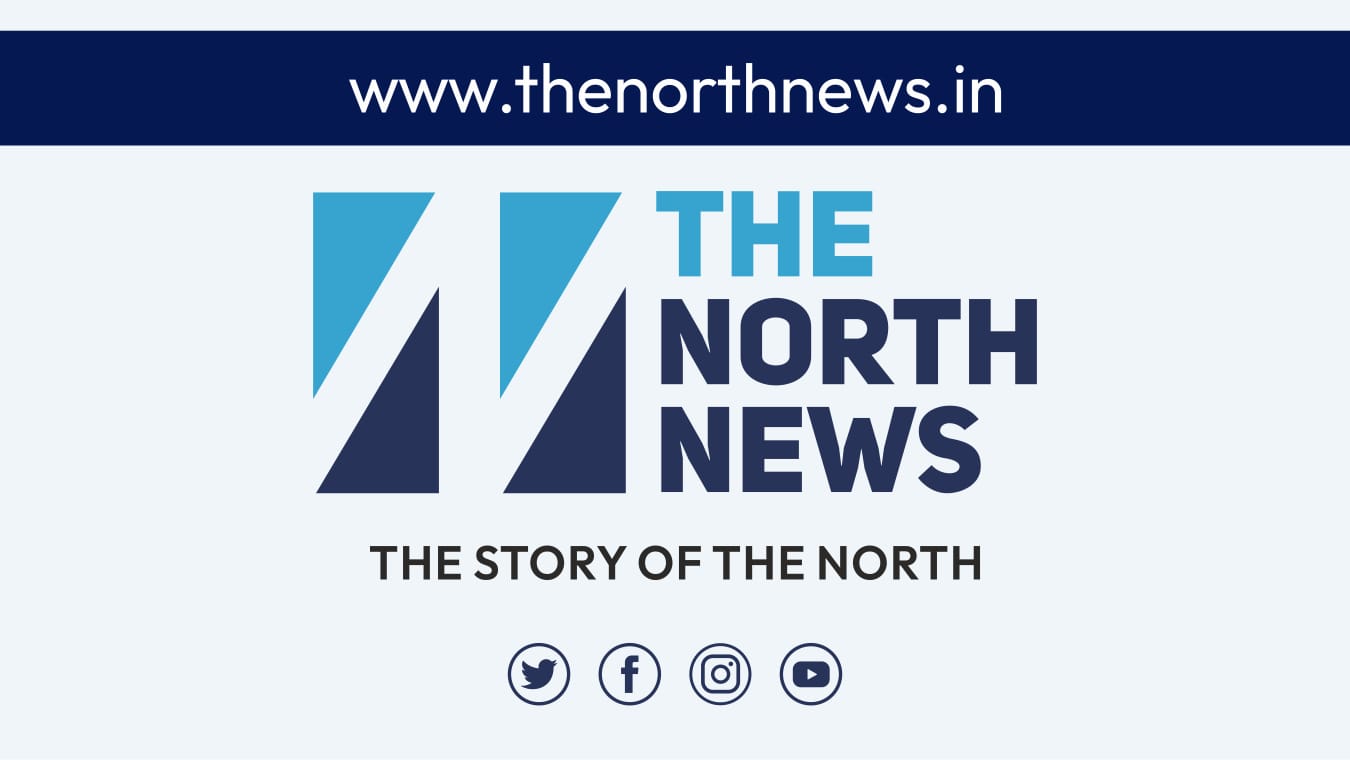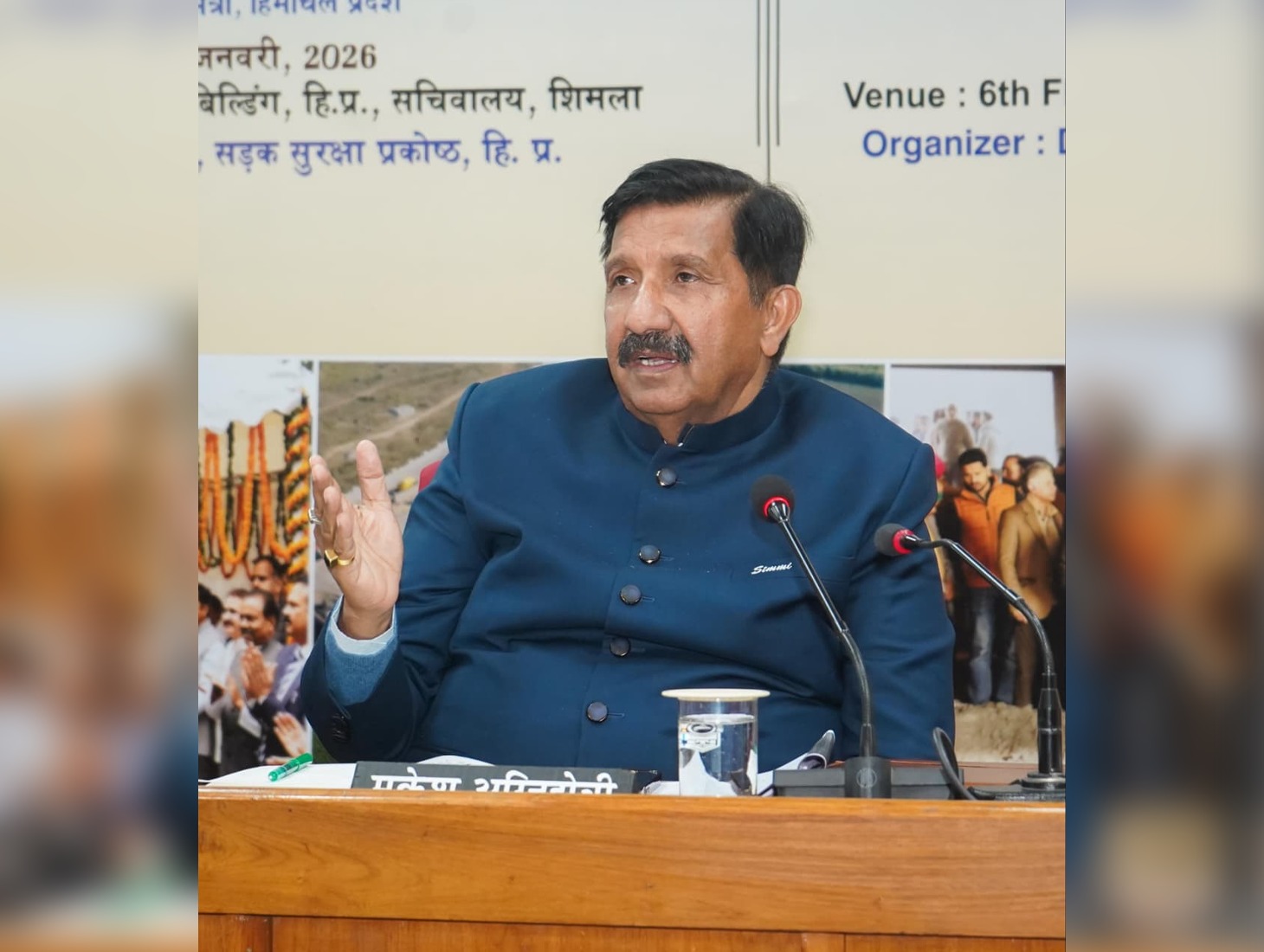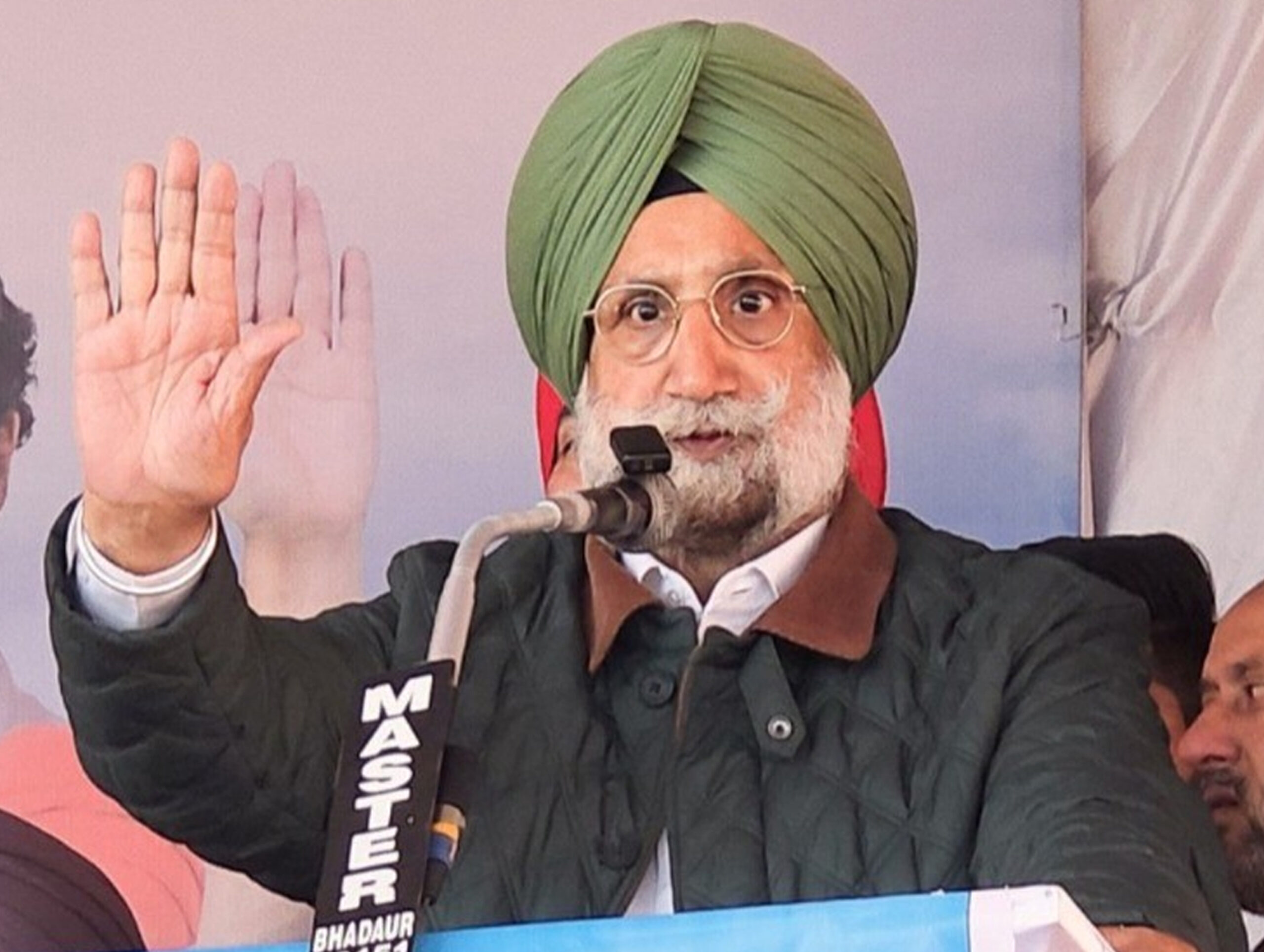The North News
New Delhi, July 2 Union Home Minister Amit Shah has hailed the Narcotics Control Bureau (NCB) for its role in dismantling a sprawling transnational drug syndicate spanning four continents and more than ten countries. The operation, conducted by NCB’s headquarters unit, is being described as one of the most far-reaching crackdowns on illicit pharmaceutical trade in recent years.
In a post on X, Shah praised the “multi-agency coordination” that led to the arrest of eight individuals and the seizure of five international consignments. The case has triggered parallel enforcement actions in the United States and Australia, where further arrests and factory raids followed intelligence shared by Indian authorities.
The investigation began with what seemed a routine vehicle check in central Delhi in May 2025. NCB officers stopped a car near Bengali Market and recovered 3.7 kilograms of Tramadol tablets from two passengers — both pharmacy graduates from a Noida-based private university. Their arrest opened up a complex digital and international trail that eventually led to operations in India, the US, Europe, and Australia.
According to officials, the suspects had created a vendor profile on an Indian B2B platform, selling restricted pharmaceutical pills to overseas clients. Subsequent arrests in Roorkee, Mayur Vihar (Delhi), Udupi (Karnataka), New Delhi, and Jaipur uncovered a high-volume smuggling network.
One of the major breakthroughs came from intelligence tracing 50 international shipments, including:
- 29 routed within the US
- 18 within Australia
- 1 each to Estonia, Spain, and Switzerland
This information was passed on to global agencies, including Interpol. In response, the US Drug Enforcement Administration (DEA) arrested Joel Hall, a bulk re-shipper based in Alabama, seizing over 17,000 tablets of controlled substances and several cryptocurrency wallets tied to the network.
Investigations further revealed a secret pill manufacturing unit in Australia, which has since been dismantled. Indian authorities say the syndicate used encrypted apps like Telegram, accepted payments in crypto, and relied on anonymous international drop-shippers to evade detection. Importantly, the smugglers avoided operating in their own countries to reduce legal exposure.
The financial and logistical controller of the entire network — believed to be based in the UAE — has been identified, and coordination is underway with authorities in the Gulf nation.
In a parallel development, an Indian-American individual suspected of laundering money for the cartel is now facing indictment in the United States.
“This government under Prime Minister Modi is determined to saw off every drug cartel and protect our youth — no matter where they operate from,” Shah said, reaffirming India’s commitment to international anti-narcotics collaboration.





